
Mhlume: The Heartbeat of Eswatini's Sugar Industry
Nestled in the northeastern part of Eswatini, Mhlume is a charming town known for its extensive sugar plantations and rich cultural heritage. As you explore the town, you'll be greeted by vast fields of sugarcane that stretch as far as the eye can see. The sweet scent of sugar fills the air, offering a sensory experience unique to this region. Mhlume is more than just its agricultural prowess. The town is a gateway to understanding the traditional Swazi way of life. Visitors can immerse themselves in local culture by attending vibrant cultural festivals and visiting nearby villages where traditional Swazi crafts and customs are still practiced. Nature enthusiasts will find Mhlume a delightful destination. The nearby Mlawula Nature Reserve offers an escape into the wild with its diverse flora and fauna. Whether you're keen on birdwatching, hiking, or simply enjoying the serenity of nature, Mhlume provides a perfect backdrop for outdoor adventures. Despite its small size, Mhlume offers a range of amenities to make your stay comfortable. From cozy lodges to local eateries serving delicious Swazi cuisine, the town ensures that visitors have a pleasant and memorable experience. Mhlume may be off the beaten path, but its charm and hospitality make it a must-visit destination in Eswatini.
Local tips in Mhlume
- Visit the sugar plantations for an insightful tour of the local industry.
- Attend cultural festivals to experience traditional Swazi dances and music.
- Explore Mlawula Nature Reserve for hiking and wildlife spotting.
- Try the local cuisine at small eateries for an authentic taste of Swazi flavors.
- Stay in local lodges for a cozy and immersive experience.
Mhlume: The Heartbeat of Eswatini's Sugar Industry
Nestled in the northeastern part of Eswatini, Mhlume is a charming town known for its extensive sugar plantations and rich cultural heritage. As you explore the town, you'll be greeted by vast fields of sugarcane that stretch as far as the eye can see. The sweet scent of sugar fills the air, offering a sensory experience unique to this region. Mhlume is more than just its agricultural prowess. The town is a gateway to understanding the traditional Swazi way of life. Visitors can immerse themselves in local culture by attending vibrant cultural festivals and visiting nearby villages where traditional Swazi crafts and customs are still practiced. Nature enthusiasts will find Mhlume a delightful destination. The nearby Mlawula Nature Reserve offers an escape into the wild with its diverse flora and fauna. Whether you're keen on birdwatching, hiking, or simply enjoying the serenity of nature, Mhlume provides a perfect backdrop for outdoor adventures. Despite its small size, Mhlume offers a range of amenities to make your stay comfortable. From cozy lodges to local eateries serving delicious Swazi cuisine, the town ensures that visitors have a pleasant and memorable experience. Mhlume may be off the beaten path, but its charm and hospitality make it a must-visit destination in Eswatini.
When is the best time to go to Mhlume?
Iconic landmarks you can’t miss
Mlilwane Game Sanctuary
Explore the beauty and wildlife of Mlilwane Game Sanctuary, a premier nature preserve in Eswatini, offering adventure and tranquility in a stunning natural setting.
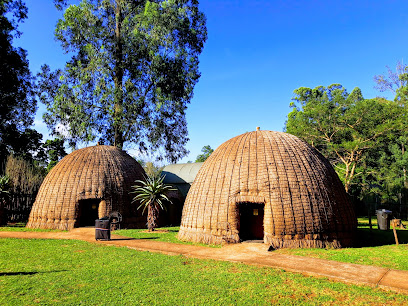
Mantenga Cultural Village
Discover the vibrant traditions and stunning landscapes of Mantenga Cultural Village in Eswatini, a must-visit cultural attraction for all travelers.
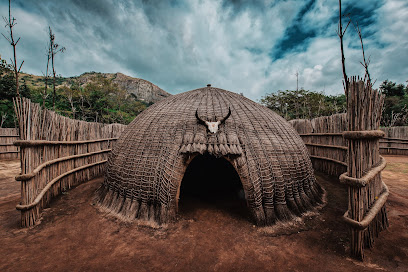
Hlane Royal National Park
Explore Hlane Royal National Park for an unforgettable safari experience in Eswatini, home to diverse wildlife and stunning landscapes.
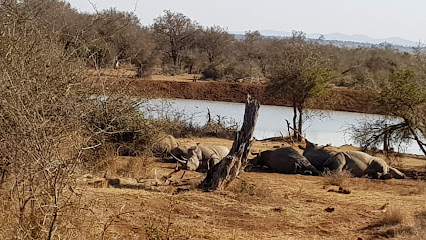
Mlawula Nature Reserve
Explore the breathtaking Mlawula Nature Reserve, a natural paradise in Eswatini, rich in wildlife and stunning landscapes perfect for nature lovers.
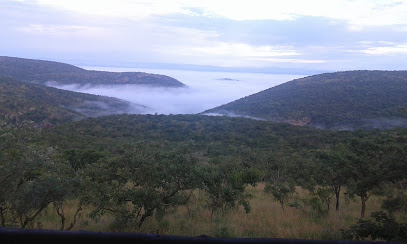
Malolotja National Park
Explore the stunning landscapes and rich biodiversity of Malolotja National Park in Eswatini, a true natural gem for adventure lovers.
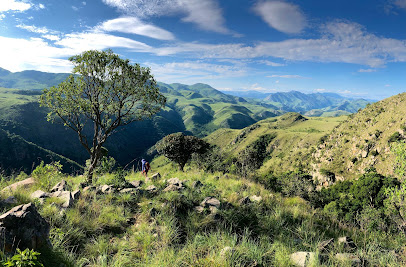
Mbuluzi Game Reserve
Discover the untamed beauty of Mbuluzi Game Reserve in Eswatini, where wildlife encounters and breathtaking landscapes await every visitor.
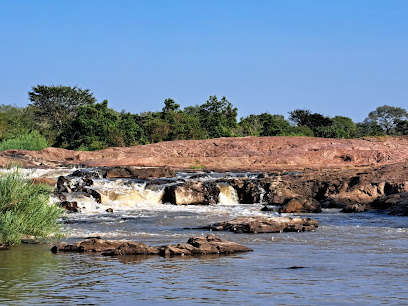
Sibebe Rock
Discover the breathtaking beauty of Sibebe Rock, an iconic natural preserve in Eswatini, perfect for hikers and nature lovers seeking adventure and tranquility.
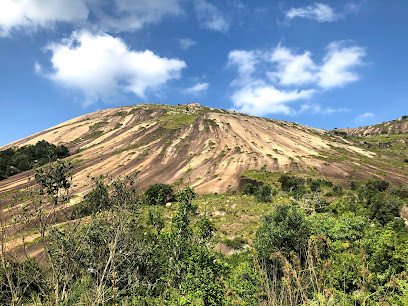
King Sobhuza II Park
Experience the peaceful beauty and cultural heritage at King Sobhuza II Park, a memorial park dedicated to the legacy of Eswatini's revered king.
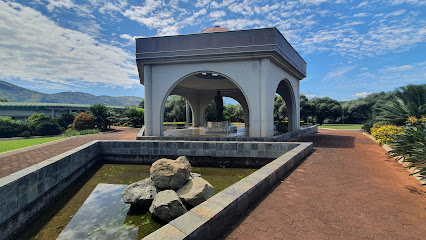
Mhlume Country Club & Lodge
Discover the serene beauty and recreational charm of Mhlume Country Club & Lodge, a perfect retreat in Eswatini's stunning landscape.
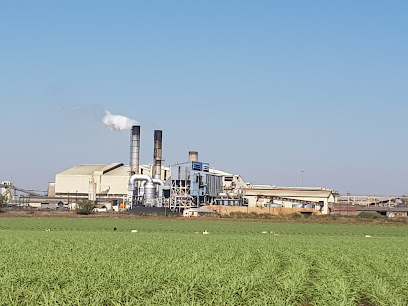
Mkhaya Game Reserve
Explore Mkhaya Game Reserve, a stunning nature preserve in Eswatini, where wildlife conservation meets breathtaking landscapes and authentic cultural experiences.
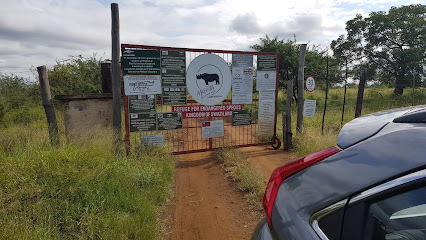
Sheba's Breast Hiking Trail
Explore the stunning Sheba's Breast Hiking Trail in Eswatini, offering breathtaking views and diverse wildlife for an unforgettable outdoor adventure.
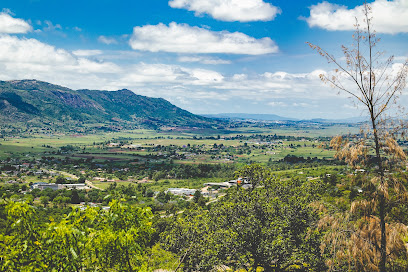
Phophonyane Falls Nature Reserve
Discover the breathtaking waterfalls and diverse wildlife at Phophonyane Falls Nature Reserve in Piggs Peak, Eswatini – a true nature lover's paradise.
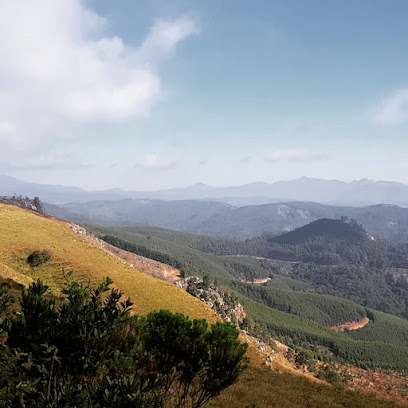
Lion Cavern Ngwenya
Explore the breathtaking beauty and ancient history of Lion Cavern Ngwenya, a top tourist attraction in Eswatini.
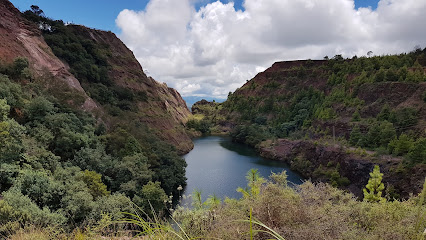
Malolotja Nature Reserve
Experience the natural splendor of Malolotja Nature Reserve, a diverse haven for hiking, wildlife, and breathtaking landscapes in Eswatini.
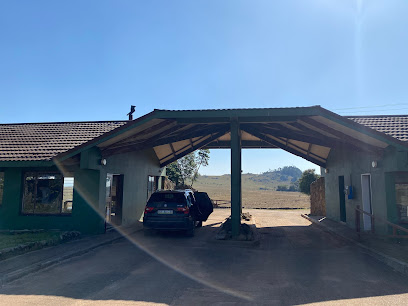
Nsangwini
Explore the cultural heart of Eswatini at Nsangwini Museum, where history and heritage come alive in a stunning setting.
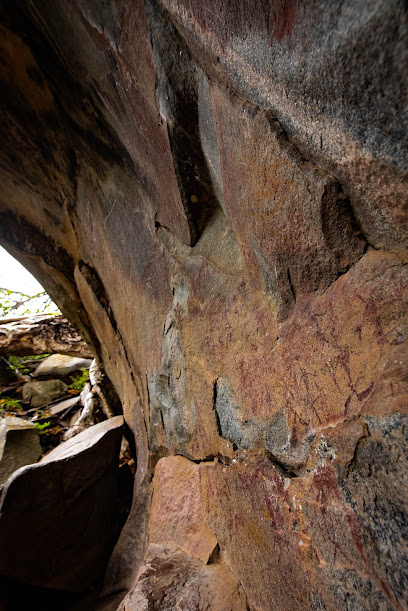
Unmissable attractions to see
Mlilwane Game Sanctuary
Explore the breathtaking landscapes and diverse wildlife at Mlilwane Game Sanctuary, a premier nature preserve in Eswatini.
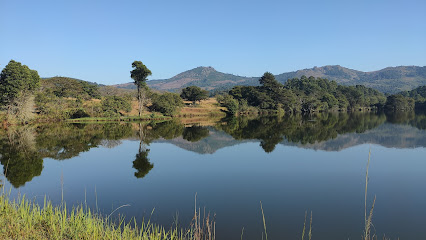
Hlane Royal National Park
Explore Hlane Royal National Park, a stunning escape in Eswatini, where diverse wildlife and rich cultural heritage come together in breathtaking landscapes.
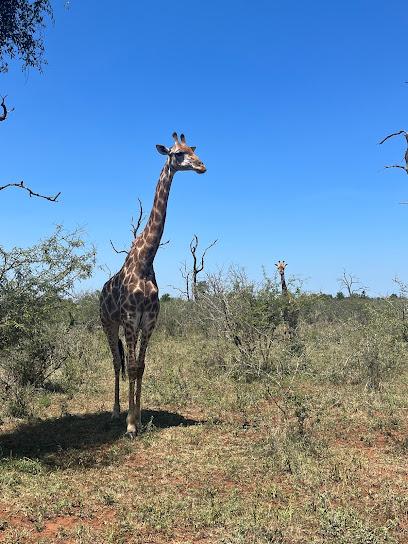
Nisela Nature Reserve
Experience the beauty and serenity of Nisela Nature Reserve, a nature preserve in Eswatini filled with wildlife, stunning landscapes, and peaceful walking trails.
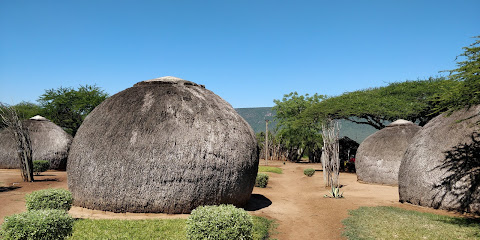
Swaziland National Museum
Explore the Swaziland National Museum for a deep dive into Eswatini's rich culture and history, featuring captivating exhibits and artifacts.
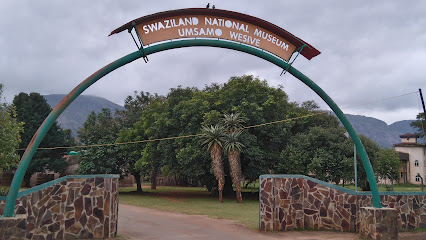
Matsamo Cultural Park
Explore the vibrant heritage and traditions at Matsamo Cultural Park, your gateway to the cultural heart of Shongwe Mission.
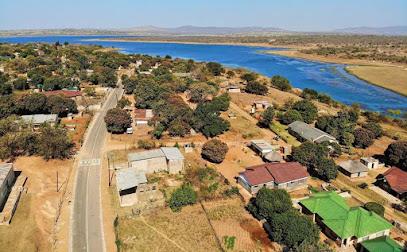
Dombeya Wildlife Estate
Experience the beauty of Eswatini at Dombeya Wildlife Estate - where luxury meets nature in a stunning wildlife sanctuary.
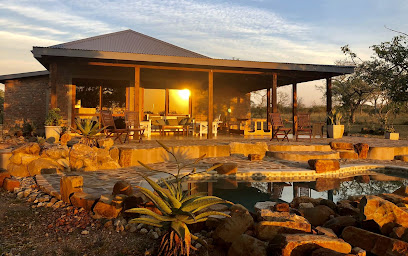
Swazi Village Home Stay
Discover the heart of Eswatini with an authentic stay at Swazi Village Home Stay, where culture, comfort, and community come together.
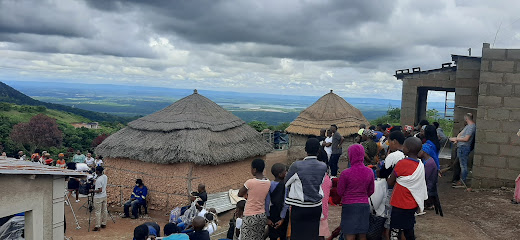
Sheba's Breast Hiking Trail
Experience the breathtaking beauty and adventure of Sheba's Breast Hiking Trail in Eswatini, a must-visit destination for nature lovers and adventurers.
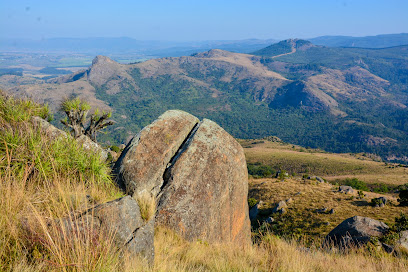
Phophonyane Falls Nature Reserve
Explore the breathtaking Phophonyane Falls Nature Reserve in Eswatini, where stunning waterfalls and rich biodiversity await nature lovers.
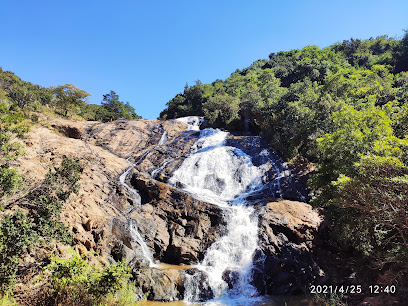
Tfutjana Mount Resort
Experience the breathtaking landscapes and outdoor adventures at Tfutjana Mount Resort in Eswatini, a paradise for nature lovers and hiking enthusiasts.
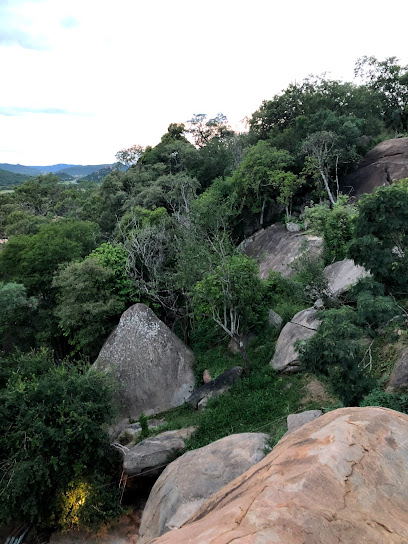
Lion Cavern Ngwenya
Discover the breathtaking Lion Cavern Ngwenya, a stunning tourist attraction in Eswatini showcasing ancient mining history and mesmerizing limestone formations.
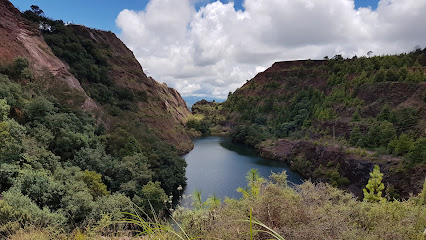
Hlane Royal National Park - Cultural Village
Discover the rich cultural heritage of Eswatini at Hlane Royal National Park's Cultural Village, where tradition meets nature in a unique experience.
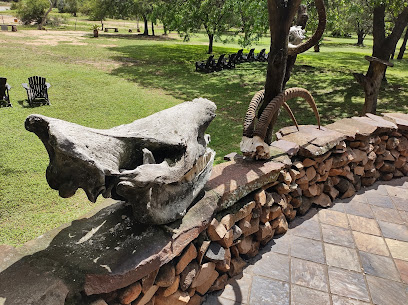
Nkoyoyo Quarry Dam
Explore the tranquil Nkoyoyo Quarry Dam in Mbabane, Eswatini, a stunning natural attraction perfect for relaxation and outdoor adventures.
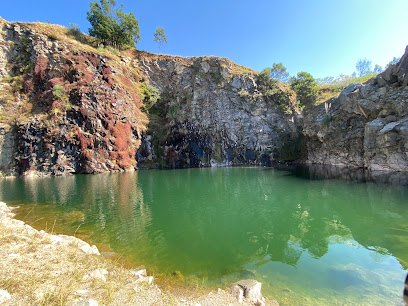
Mdzimba Mountain, Eswatini
Discover the breathtaking beauty and rich biodiversity of Mdzimba Mountain, a must-visit tourist attraction in Eswatini.
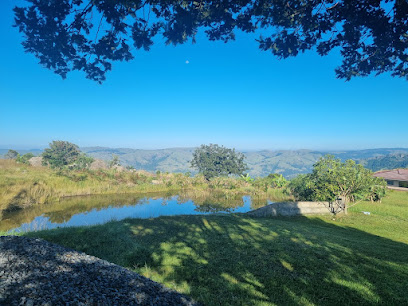
Mbabane
Explore the stunning landscapes and vibrant culture of Mbabane, Eswatini's hidden gem for nature lovers and adventurers alike.
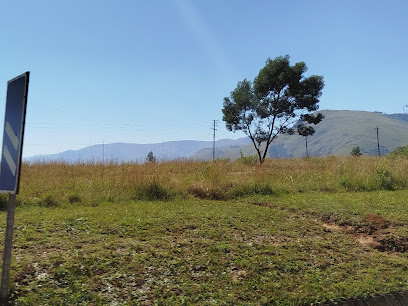
Essential places to dine
Mugg & Bean Swaziland
Experience delightful dining at Mugg & Bean Swaziland with fresh coffee and delicious meals in a cozy setting at Galleria Shopping Centre.
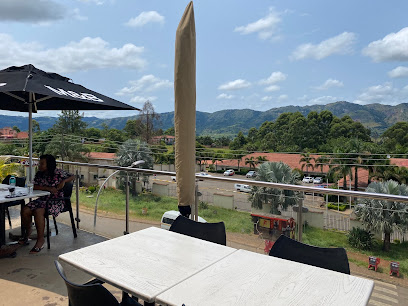
The Velvet Monkey
Experience authentic Italian cuisine at The Velvet Monkey in Lobamba – where every meal is a celebration of flavor and warmth.
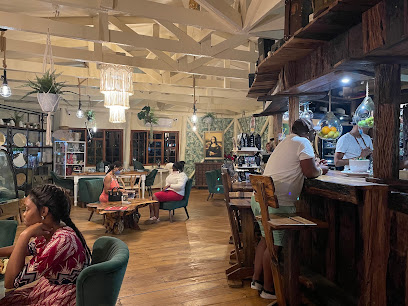
Gil Vicente Restaurant
Discover authentic Swazi cuisine and delightful international dishes at Gil Vicente Restaurant in Manzini.
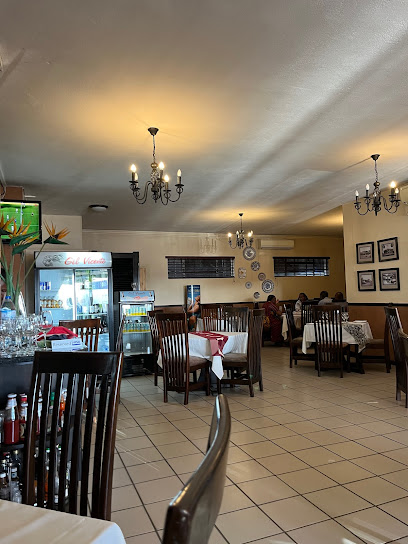
Luxy Garden Resturant
Discover authentic Chinese flavors at Luxy Garden Restaurant in Lobamba – where every dish tells a story of tradition and taste.
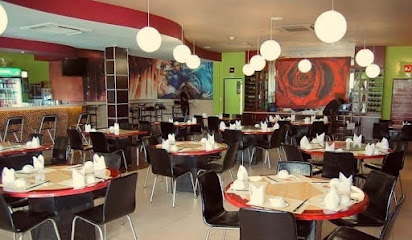
Mdzimba Rock Spur Manzini
Experience the rich flavors of Eswatini at Mdzimba Rock Spur in Manzini - where every meal is a celebration!
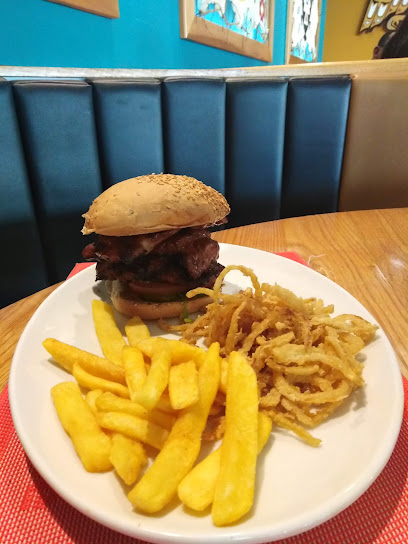
Freshly Ground Salt & Pepper
Experience authentic Eswatini cuisine at Freshly Ground Salt & Pepper in Matsapha – where every dish tells a story.
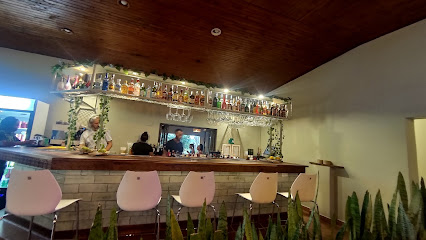
Goggas Nest Bnb and Restaurant
Experience authentic Eswatini hospitality at Goggas Nest Bnb and Restaurant - where comfort meets culinary excellence.
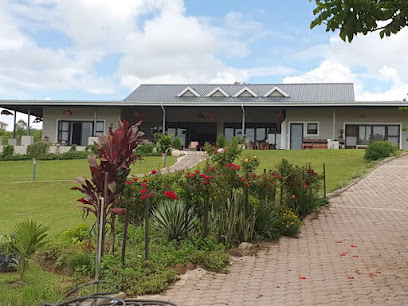
Rudi’s Kitchen
Experience the authentic flavors of Eswatini at Rudi's Kitchen in Matsapha—where every meal tells a story.
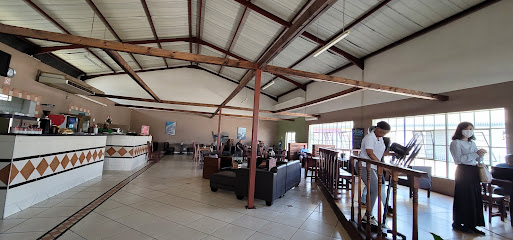
Umcwembe Braai
Discover the vibrant flavors of Eswatini at Umcwembe Braai – your gateway to authentic African cuisine in Kwaluseni.
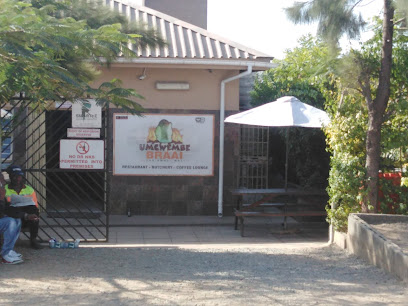
The Food Hut
Discover unique flavors and delightful presentations at The Food Hut in Manzini - a must-visit restaurant for food lovers.
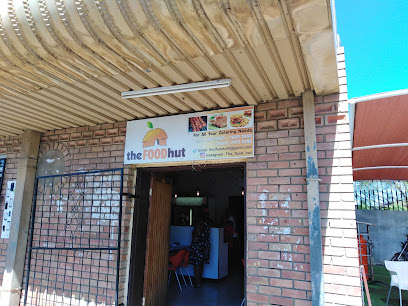
Marios Pub & Grill
Savor the taste of Eswatini at Marios Pub & Grill - where local flavors meet vibrant atmosphere.
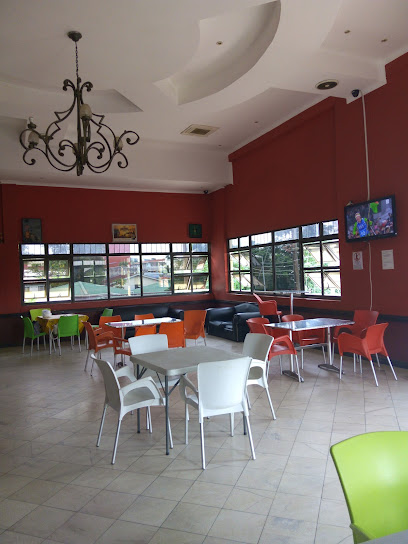
Hippo Haunt
Discover the flavors of Eswatini at Hippo Haunt - where culinary tradition meets modern taste in a cozy setting.
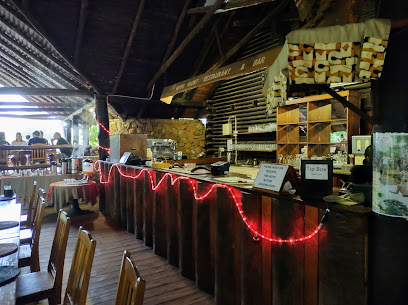
Little India - Eswatini
Discover authentic Indian cuisine at Little India - Eswatini: where vibrant flavors meet cultural richness in Manzini.
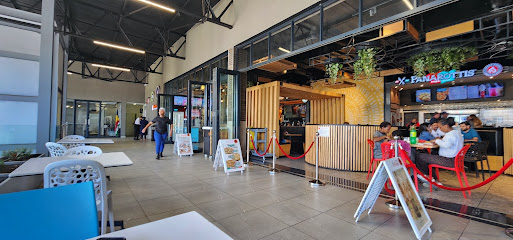
Hua Hong Chinese Restaurant
Experience authentic Chinese cuisine at Hua Hong Restaurant in Manzini, where tradition meets flavor in every dish.
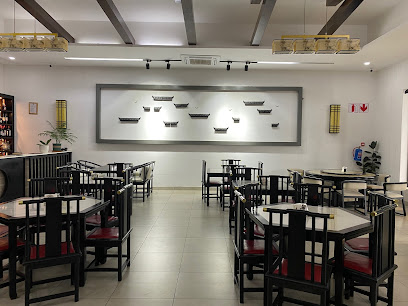
COZY Coffee House & Bistro/Wemukelwe Restaurant
Discover the heartwarming flavors at COZY Coffee House & Bistro in Manzini – where local meets global cuisine in an inviting atmosphere.
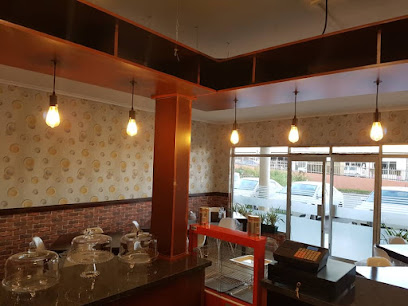
Markets, malls and hidden boutiques
Mantenga Lifestyle & Craft Centre
Discover local crafts, delicious dining, and adventure sports at the Mantenga Lifestyle & Craft Centre in Eswatini.
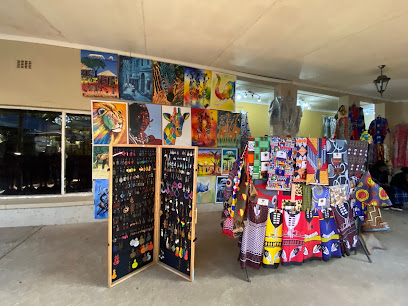
Manzini Mall
Discover the essence of Eswatini at Manzini Mall, a vibrant shopping hub blending local culture with modern retail experiences.
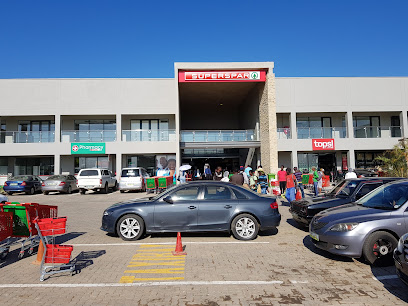
Manzini Lifestyle Center
Explore the vibrant shopping and dining experiences at Manzini Lifestyle Center in Eswatini, a hub of local culture and modern retail.
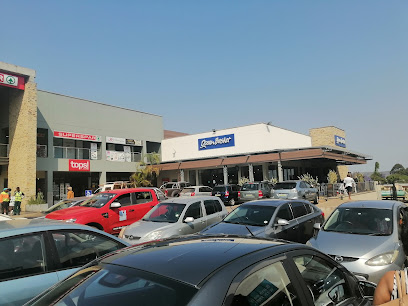
Mhlume Country Club & Lodge
Discover the serenity of Mhlume Country Club & Lodge, where relaxation meets recreation in the heart of Eswatini's stunning landscapes.
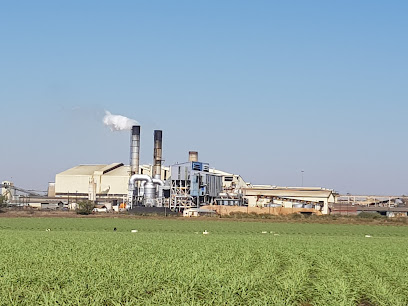
Mananga Boxer Superstores
Explore the vibrant Mananga Boxer Superstores in Eswatini for fresh produce, local delicacies, and affordable grocery shopping to enhance your travel experience.
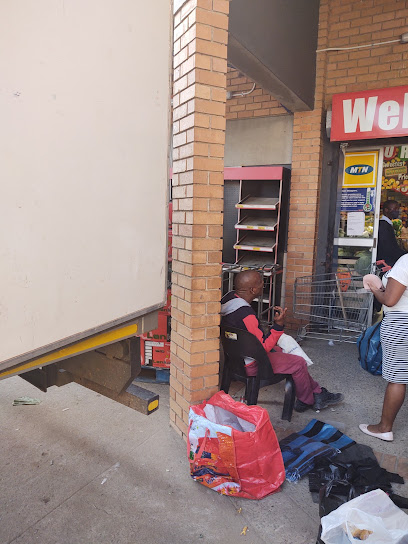
Hhelehhele Junction Mall
Experience the vibrant shopping culture of Eswatini at Hhelehhele Junction Mall, where retail, dining, and entertainment come together.
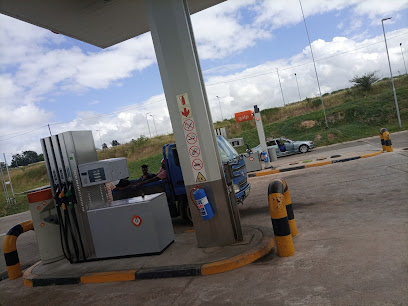
Truworths bhunu mall
Discover stylish clothing at Truworths Bhunu Mall in Manzini, Eswatini – a fashion destination blending local culture with contemporary trends.
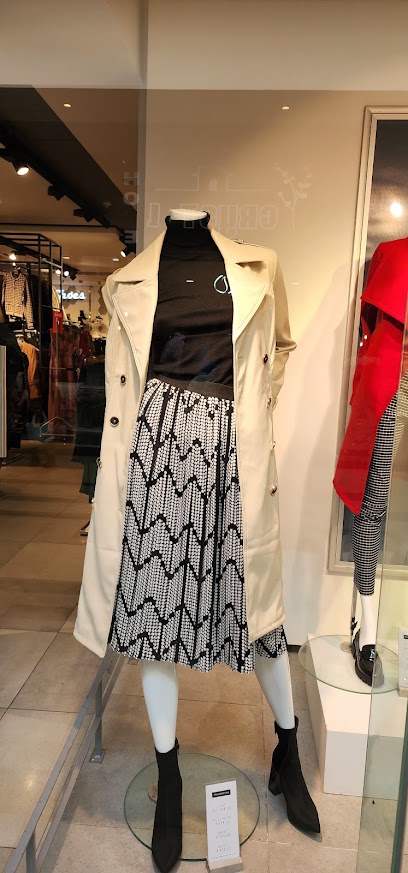
FiXit
Explore FiXit in Manzini for top-notch electronics, mobile repairs, perfumes, and professional photography services - all in one place.
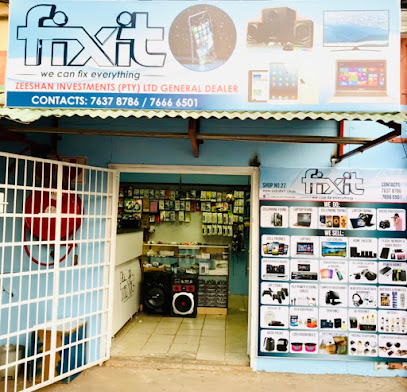
Melusi Supermarket
Discover local flavors and everyday life at Melusi Supermarket in Ntabamhloshana, Eswatini.
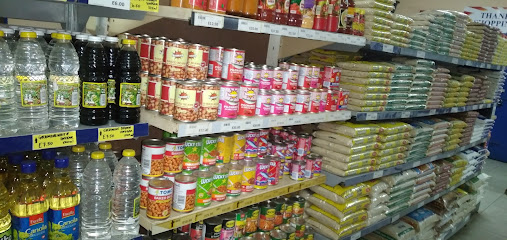
Value Mall
Discover stylish and affordable baby clothing at Value Mall in Manzini, the go-to destination for trendy little outfits.
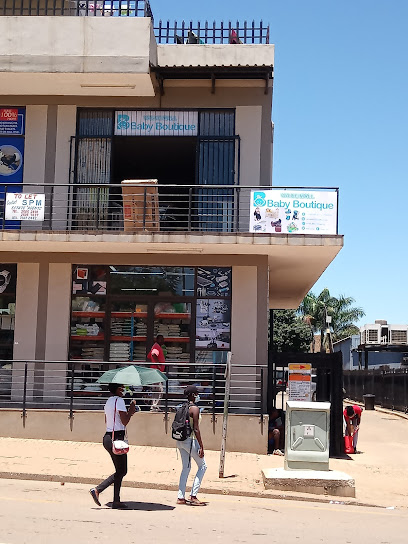
Sasa Lu
Explore Sasa Lu, a boutique in Manzini, where unique handcrafted treasures meet the vibrant culture of Eswatini.

eSidzakeni,
Explore local culture and flavors at eSidzakeni Supermarket in Manzini, where vibrant products and friendly service await every visitor.

ESWATINI CLEAROUT FASHION & SPORTS
Explore unique fashion and sports apparel at Eswatini Clearout Fashion & Sports in Manzini, a must-visit destination for stylish shoppers.
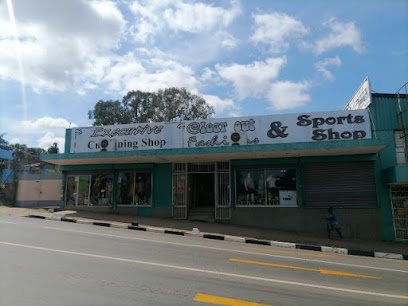
Mr Tasty Spices
Discover the vibrant flavors of Eswatini at Mr Tasty Spices, a spice store in Manzini that brings local and exotic ingredients together.
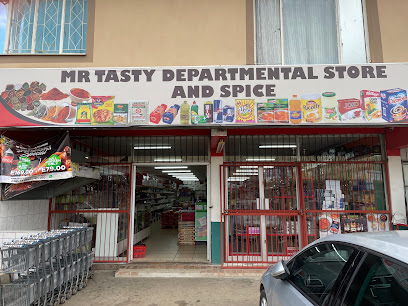
Saverite Pick Yours #2
Explore the thriving Saverite Pick Yours #2 in Mhlume, Eswatini, your go-to destination for fresh produce and everyday essentials.

Essential bars & hidden hideouts
Mhlume Country Club & Lodge
Experience luxury and nature at Mhlume Country Club & Lodge, your tranquil escape in the heart of Eswatini.
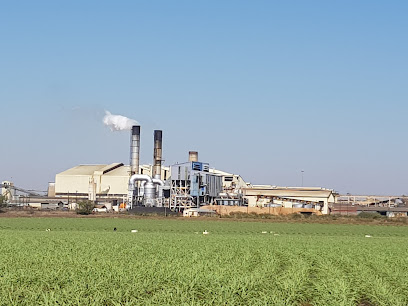
Mvubu Bar & Restaurant
Discover the flavors of Eswatini at Mvubu Bar & Restaurant, where vibrant cuisine meets a lively atmosphere in Lobamba.
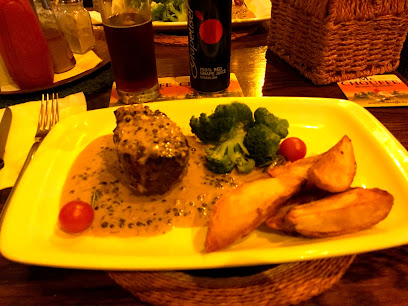
Ligwalagwala Restaurant
Discover the rich culinary heritage of Eswatini at Ligwalagwala Restaurant, where authentic flavors meet local hospitality.
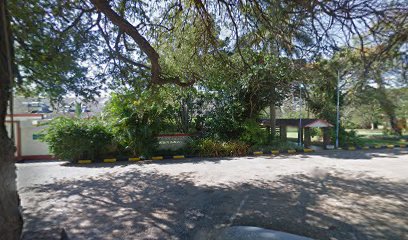
Bar Mbombela
Discover the chill vibes of Bar Mbombela in Mhlume, Eswatini, where refreshing drinks and friendly faces await you.

O'Reilly's Bar
Experience the vibrant atmosphere of O'Reilly's Bar in Mbabane, a perfect place for relaxation with local drinks and friendly faces.
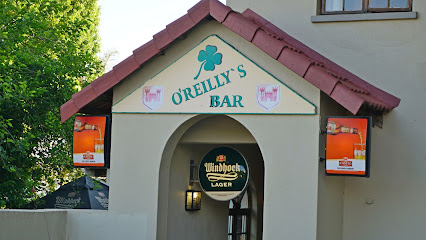
The Hot Bar
Experience the vibrant nightlife at The Hot Bar in Manzini, Eswatini – a must-visit for tourists seeking local flavors and a lively atmosphere.
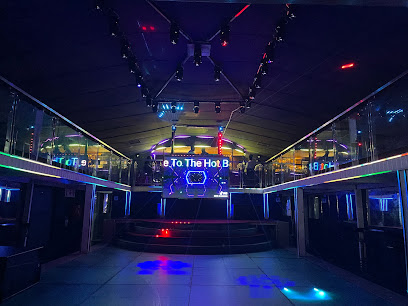
Splash Bar
Experience the vibrant nightlife of Simunye at Splash Bar, where refreshing drinks and a welcoming atmosphere await every traveler.
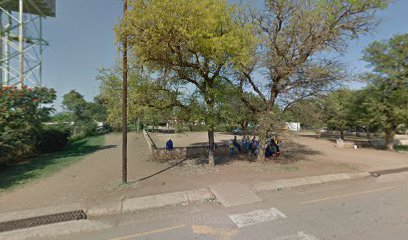
KamChoza Bar & Restaurant
Discover the lively ambiance of KamChoza Bar & Restaurant in Lobamba, where local flavors meet refreshing drinks for an unforgettable experience.
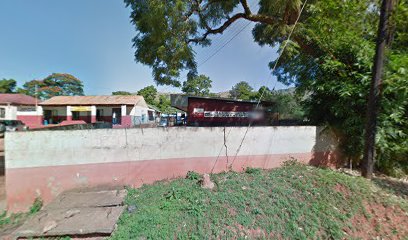
Hot Spot Lounge & Bar
Discover the lively Hot Spot Lounge & Bar in Tjaneni, Eswatini, where vibrant atmosphere meets local flavors in a cozy setting.

Hambanathi
Discover the vibrant atmosphere of Hambanathi, a lively bar in Mhlume, Eswatini, offering a taste of local culture and refreshing drinks.
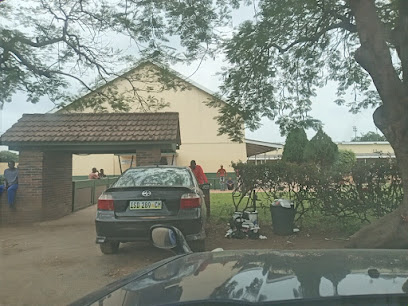
Tingwenyeni
Experience the vibrant flavors of Eswatini at Tingwenyeni, a premier grill restaurant in Mhlume that celebrates local culinary traditions.

The View Pub
Discover the vibrant atmosphere of The View Pub in Mbabane, where stunning views meet delightful drinks and a friendly vibe.
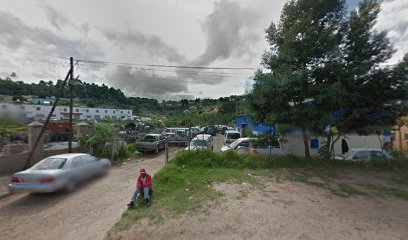
DJ Bar & Restaurant
Discover the vibrant nightlife of Manzini at DJ Bar & Restaurant, where delicious food, refreshing drinks, and live music create an unforgettable experience.
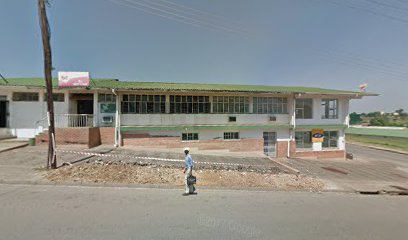
Grand Valley G.V
Experience the vibrant nightlife of Eswatini at Grand Valley G.V, a lively bar in Manzini offering local drinks and a welcoming atmosphere.
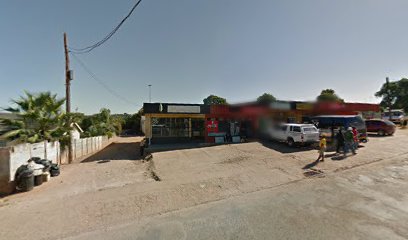
Local Phrases
-
- HelloSawubona
[sah-woo-boh-nah] - GoodbyeHamba kahle
[hahm-bah kah-hleh] - YesYebo
[yeh-boh] - NoCha
[chah] - Please/You're welcomeNgiyacela
[in-ghee-yah-ceh-lah] - Thank youNgiyabonga
[in-ghee-yah-bohn-gah] - Excuse me/SorryUxolo
[oo-saw-loh] - How are you?Unjani?
[oon-jah-nee] - Fine. And you?Ngiyaphila. Wena?
[in-ghee-yah-pee-lah. weh-nah] - Do you speak English?Ukhuluma isiNgisi?
[oo-khoo-loo-mah ee-see-nghee-see] - I don't understandAnginawazi
[ahng-ee-nah-wah-zee]
- HelloSawubona
-
- I'd like to see the menu, pleaseNgicela ukubona imenyu
[in-gee-ceh-lah oo-koo-boh-nah ee-meh-nyoo] - I don't eat meatAngiphuzi inyama
[ahng-ee-poo-zee ee-nyah-mah] - Cheers!Ooza!
[oh-zah] - I would like to pay, pleaseNgicela ukulipha
[in-gee-ceh-lah oo-koo-lee-pah]
- I'd like to see the menu, pleaseNgicela ukubona imenyu
-
- Help!Usizo!
[oo-see-zoh] - Go away!Hamba khona!
[hahm-bah koh-nah] - Call the Police!Vula ipolisi!
[voo-lah ee-poh-lee-see] - Call a doctor!Vula udokotela!
[voo-lah oo-doh-koh-teh-lah] - I'm lostNgisile
[in-gee-see-leh] - I'm illNgisengile
[in-gee-sehn-gee-leh]
- Help!Usizo!
-
- I'd like to buy...Ngicela ukuthenga...
[in-gee-ceh-lah oo-koo-teh-ngah] - I'm just lookingNgicabanga kuphela
[in-gee-chah-bah-ngah koo-peh-lah] - How much is it?Kuyaphi?
[koo-yah-pee] - That's too expensiveKuyakhulu kakhulu
[koo-yah-khoo-loo kah-khoo-loo] - Can you lower the price?Ngikhulumele inkontileka?
[in-gee-khoo-loo-meh-leh in-koh-nee-ti-leh-kah]
- I'd like to buy...Ngicela ukuthenga...
-
- What time is it?Ngubani lesikhathi?
[in-goo-bah-nee leh-see-khah-tee] - It's one o'clockKuyashintsha
[koo-yah-shint-shah] - Half past (10)Ngemuva (10)
[in-geh-moo-vah (10)] - MorningEkuseni
[eh-koo-seh-nee] - AfternoonNtambama
[in-tahm-bah-mah] - EveningEbusuku
[eh-boo-soo-koo] - YesterdayNgesikhatsi
[in-geh-see-khah-tsee] - TodayNamuhla
[nah-moo-khlah] - TomorrowKusasa
[koo-sah-sah] - 1Kunye
[koo-nyeh] - 2Kubili
[koo-bee-lee] - 3Kutsatfu
[koo-tsaht-foo] - 4Kune
[koo-neh] - 5Kutsi
[koo-tsee] - 6Kubhona
[koo-bhoh-nah] - 7Kutsandza
[koo-tsan-dzah] - 8Kukhulu
[koo-khoo-loo] - 9Kugcina
[koo-gchee-nah] - 10Kulandzela
[koo-lahn-dzeh-lah]
- What time is it?Ngubani lesikhathi?
-
- Where's a/the...?Kufanele ilapho...?
[koo-fah-neh-leh ee-lah-poh] - What's the address?Kuyini indawo yemali?
[koo-yee-nee een-dah-woh yeh-mah-lee] - Can you show me (on the map)?Ungangibonisi (emephu)?
[oon-gah-ngi-boh-nee-see eh-meh-poo] - When's the next (bus)?Kuyini libus lelandzela?
[koo-yee-nee lee-boos leh-lahn-dzeh-lah] - A ticket (to ....)Itikiti (ku ....)
[ee-tee-kee-tee koo]
- Where's a/the...?Kufanele ilapho...?
History of Mhlume
-
Mhlume, a small town in the northeastern part of Eswatini, has its roots deeply embedded in the agricultural and industrial development of the region. Historically, the area was sparsely populated, with local Swazi people practicing subsistence farming and cattle herding. The fertile soil and favorable climate eventually attracted more settlers, laying the groundwork for future development.
-
The turning point for Mhlume came in the early 1950s when the colonial government and private investors recognized the region's potential for sugarcane cultivation. In 1955, the Mhlume Sugar Company was established, transforming the town into a bustling industrial hub. This development not only provided employment opportunities but also attracted a diverse workforce from different parts of Eswatini and neighboring countries.
-
Following Eswatini's independence in 1968, Mhlume continued to prosper, largely due to the expansion of the sugar industry. The town saw significant infrastructure developments, including improved roads, housing, and healthcare facilities. The sugar mill in Mhlume became one of the largest employers in the country, contributing substantially to the national economy.
-
The influx of workers from various regions and countries brought a rich tapestry of cultures to Mhlume. The town is a melting pot of traditions, languages, and customs, with a harmonious blend of Swazi, Zulu, and Tsonga influences. Cultural festivals and community gatherings are common, celebrating the town's diverse heritage and fostering a sense of unity among its residents.
-
Despite its economic success, Mhlume has faced several challenges, including environmental concerns related to large-scale sugarcane farming. Issues such as water usage, soil degradation, and pollution have prompted both local and national efforts to implement sustainable agricultural practices. Additionally, the town has worked to address social issues like housing shortages and the need for improved educational facilities.
-
Today, Mhlume stands as a testament to the resilience and adaptability of its people. The town has embraced modernization while retaining its cultural roots. Advances in technology and infrastructure have improved the quality of life for its residents. The sugar industry continues to be a cornerstone of Mhlume's economy, but there is also a growing emphasis on diversifying into other sectors, such as tourism and small-scale manufacturing.
Mhlume Essentials
-
Mhlume is located in the northeastern part of Eswatini. The nearest international airport is King Mswati III International Airport, which is approximately 70 kilometers away. From the airport, you can take a taxi or rent a car to reach Mhlume. Alternatively, you can use shuttle services that operate between the airport and major towns in Eswatini, including Mhlume. The journey typically takes around 1 to 1.5 hours by road.
-
Mhlume is a small town, and many places can be reached on foot. For longer distances, local taxis are available and are a convenient option. There are also minibus taxis, known locally as 'kombis,' which are a common mode of transportation for locals. If you prefer more flexibility, renting a car is a good option, and it allows you to explore the surrounding regions at your own pace.
-
The official currency in Eswatini is the Swazi Lilangeni (SZL), which is pegged to the South African Rand (ZAR). Credit cards are accepted in most hotels, restaurants, and larger shops in Mhlume, but it is advisable to carry some cash, especially for small purchases and in rural areas. ATMs are available in the town, but it is always a good idea to withdraw sufficient cash when you have the opportunity.
-
Mhlume is generally a safe town for tourists, but like any destination, it is important to take standard precautions. Avoid walking alone at night in unfamiliar areas and keep an eye on your belongings in crowded places. There are no specific high-crime areas targeting tourists in Mhlume, but staying vigilant and aware of your surroundings is always recommended.
-
In case of an emergency, dial 999 for police assistance or medical emergencies. Mhlume has a local police station and a medical clinic for immediate assistance. It is strongly recommended to have travel insurance that covers medical emergencies. For minor health issues, there are local pharmacies where you can purchase over-the-counter medication.
-
Fashion: Do dress modestly, particularly when visiting religious sites and rural areas. Avoid wearing overly revealing clothing. Religion: Do respect local customs and traditions. When visiting religious sites, dress conservatively and behave respectfully. Public Transport: Do be courteous to fellow passengers and give up your seat to elderly individuals. Don't eat or drink on public transport. Greetings: Do greet people with a handshake and a warm smile. Using 'Sawubona' (hello) is appreciated. Eating & Drinking: Do try local foods and accept food offerings graciously. Don't refuse hospitality, as it is considered impolite.
-
To experience Mhlume like a local, visit the local markets where you can buy fresh produce and traditional Swazi crafts. Engage with locals, as they are often friendly and eager to share stories about their culture and history. Don't miss visiting the nearby sugar plantations, which are an integral part of the local economy. For a unique experience, participate in a traditional Swazi dance or cultural event if you have the opportunity.
Trending Landmark in Mhlume
-
Mlilwane Game Sanctuary
-
Mantenga Cultural Village
-
Hlane Royal National Park
-
Mlawula Nature Reserve
-
Malolotja National Park
-
Mbuluzi Game Reserve
-
Sibebe Rock
-
King Sobhuza II Park
-
Mhlume Country Club & Lodge
-
Mkhaya Game Reserve
-
Sheba's Breast Hiking Trail
-
Phophonyane Falls Nature Reserve
-
Lion Cavern Ngwenya
-
Malolotja Nature Reserve
-
Nsangwini
Nearby Cities to Mhlume
-
Things To Do in Matola
-
Things To Do in Manzini
-
Things To Do in Mbabane
-
Things To Do in Maputo
-
Things To Do in Malkerns
-
Things To Do in Big Bend
-
Things To Do in Nelspruit
-
Things To Do in Polokwane
-
Things To Do in Pretoria
-
Things To Do in Johannesburg
-
Things To Do in Maxixe
-
Things To Do in Durban
-
Things To Do in Inhambane
-
Things To Do in Mokhotlong
-
Things To Do in Butha-Buthe





